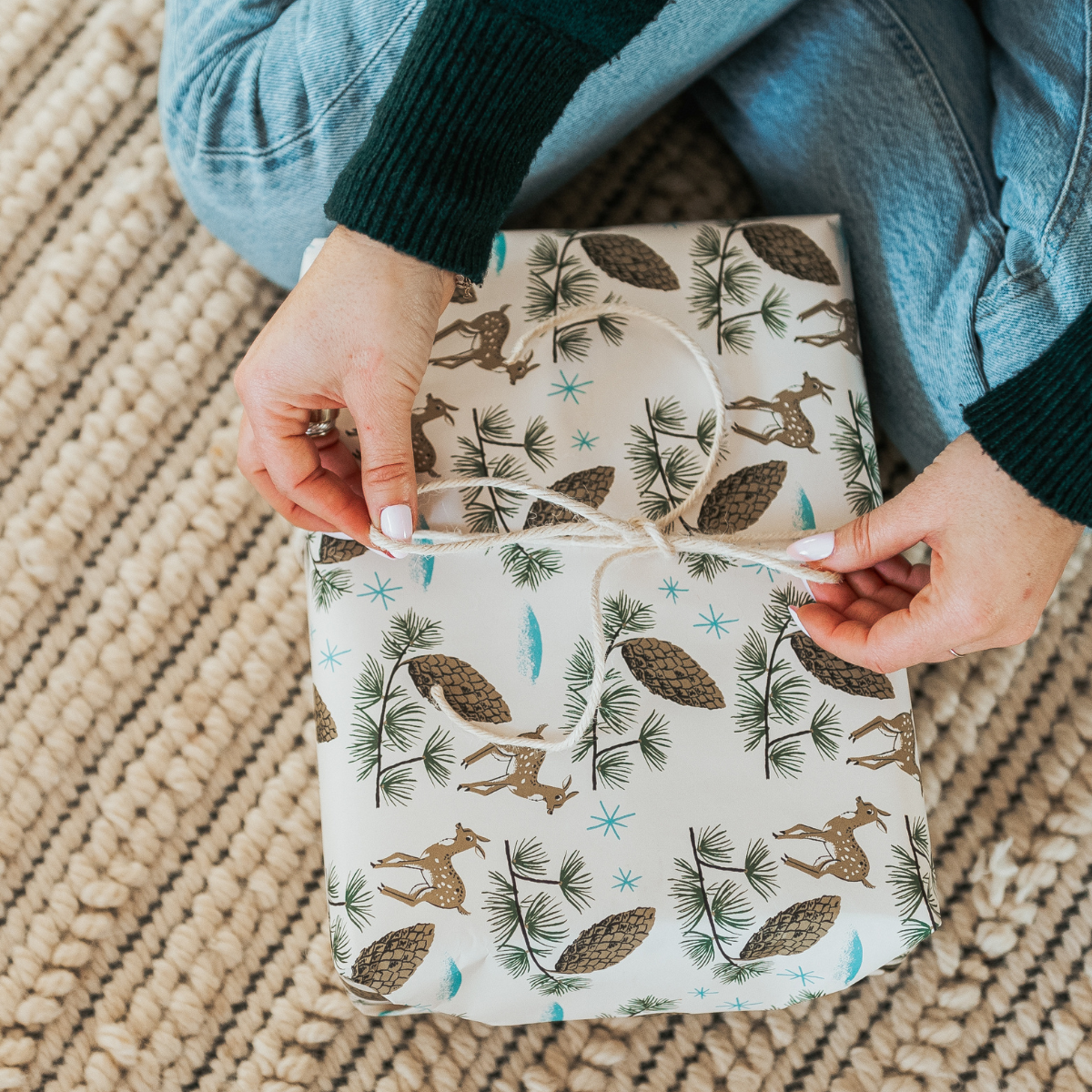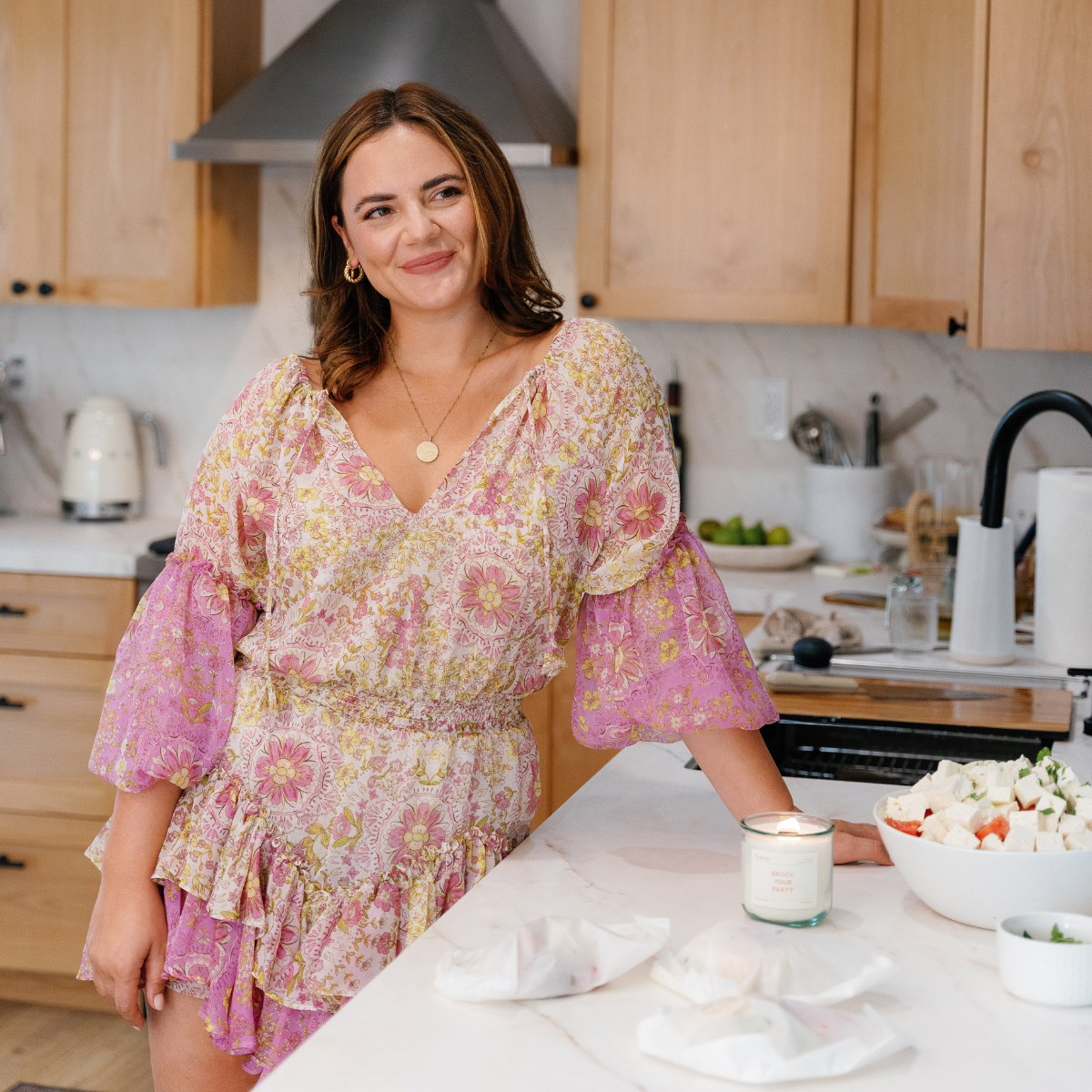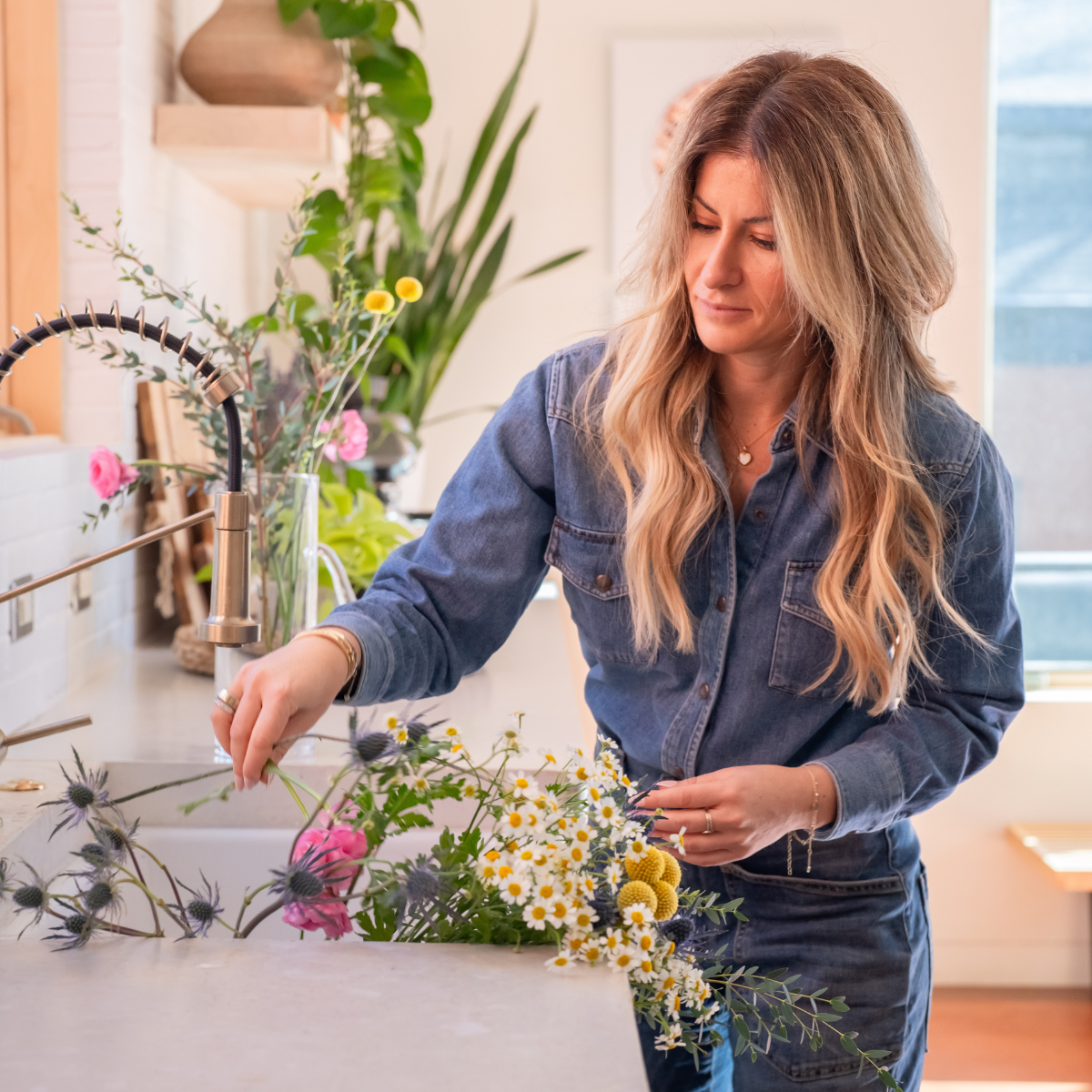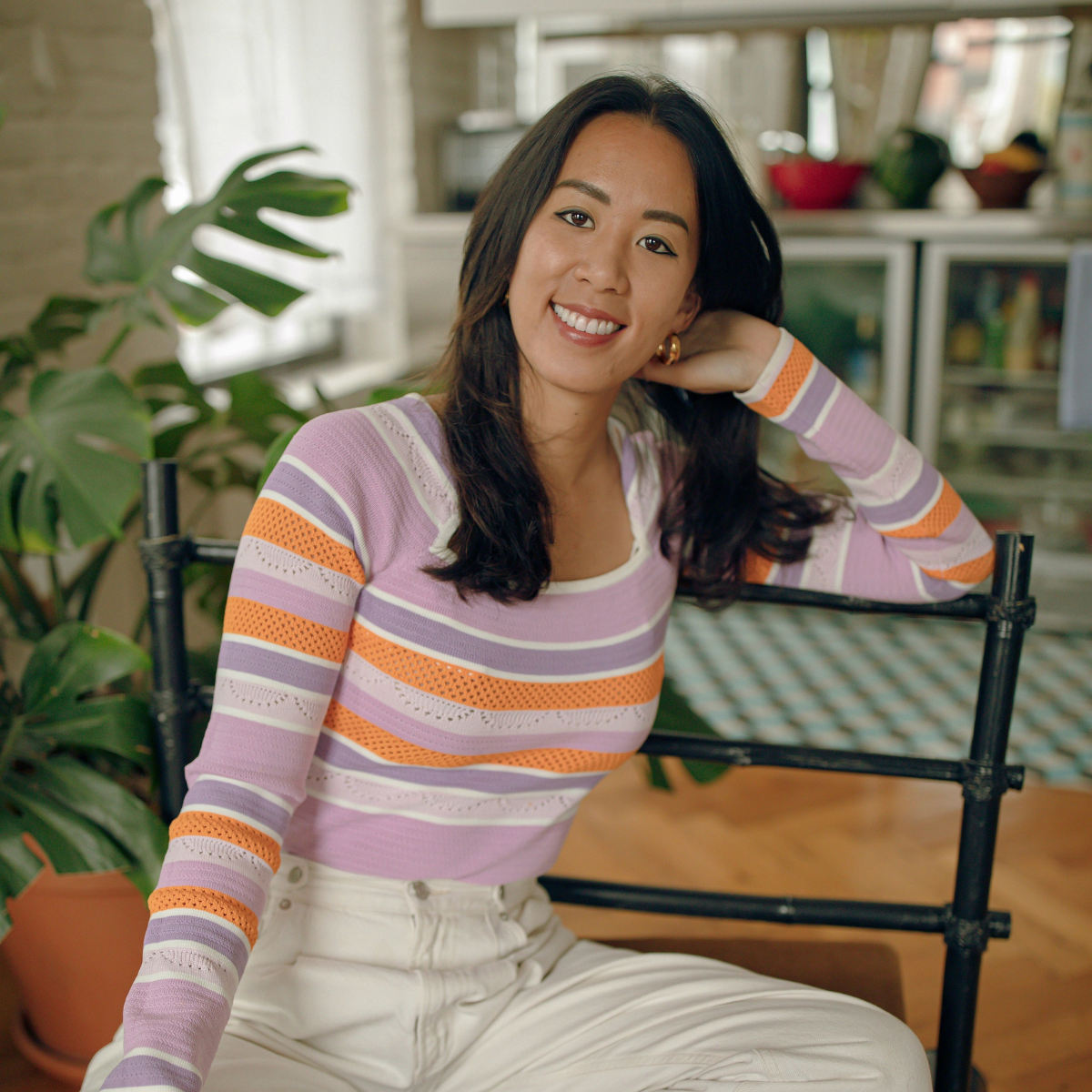As a board-certified trichologist and celebrity hairstylist working worldwide from salon to runway, Helen Reavey is an expert on all things hair health and scalp wellness from the inside out. This week, she talks with Elizabeth about the importance of skincare for your scalp, some scalp health myths and how to really have a balanced happy head, and how the scalp affects overall hair wellness. Helen discusses launching Act + Acre and how the brand is committed to bring true innovation to the hair category. Lastly, Helen shares a few of her favorite practices for mindfulness and health that allow her to show up as the best version of herself.
Try Act + Acre for yourself here and use code purelyelizabeth15 for 15% off.












